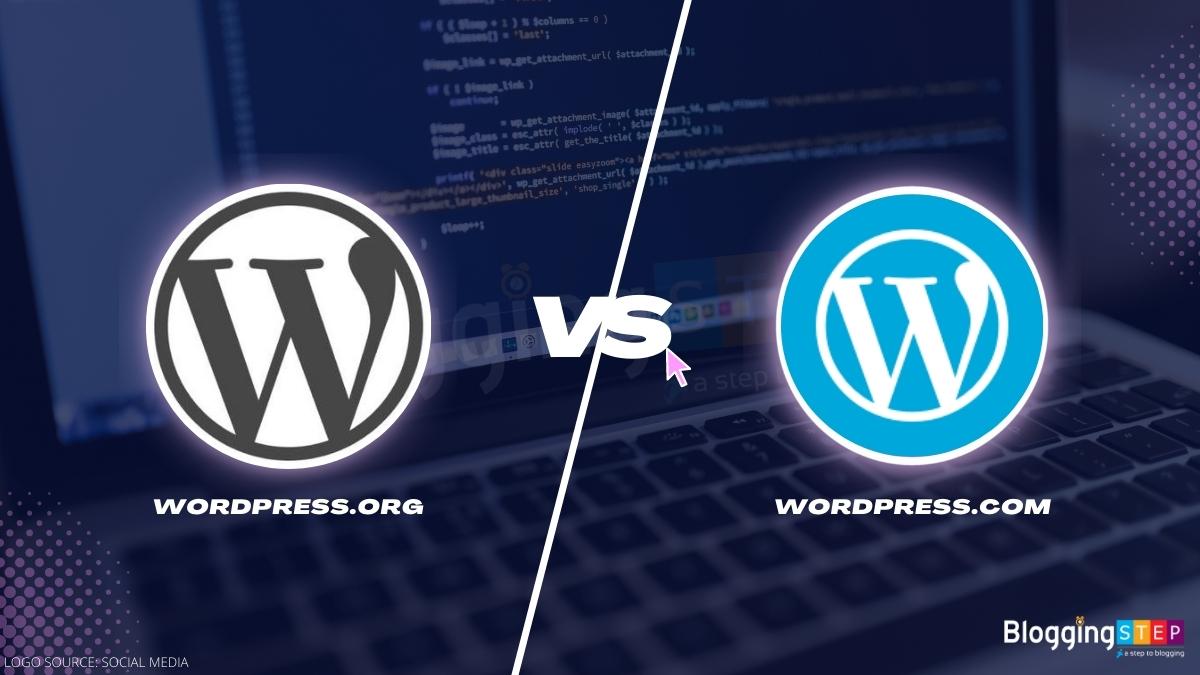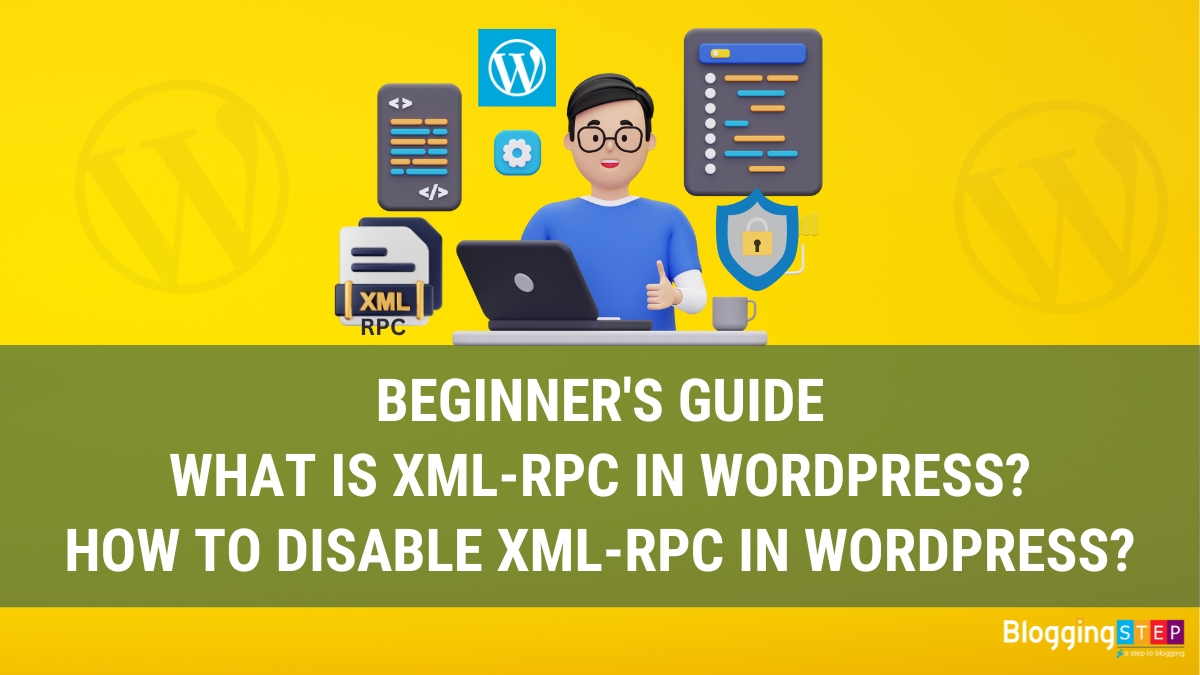
There are many reasons why you might want or need a website. Like if you want to establish an online presence, showcase your work, sell products or services online, share information with others, build a community or establish your credibility, you need a website. Ultimately, the decision to create a website will depend on your personal or business goals and objectives, and whether a website can help you achieve them. To host that website, you must need web hosting. This beginner’s guide explains everything you need to know about “What is web hosting and how it works“.
Table of Contents
What is Web Hosting?
Web hosting is a service that enables individuals and organizations to make their websites accessible on the internet. It works by providing a space on a server where website files are stored, allowing them to be accessed by anyone with an internet connection.
Web hosting companies typically offer different types of hosting plans, each with its own set of features, pricing, and limitations. When someone subscribes to a web hosting service, they are provided with a server space and given access to tools that allow them to upload and manage their website content.
Advantages and Disadvantages of Web Hosting
Here are some advantages and disadvantages of web hosting:
Advantages of web hosting:
- Reliability: A reliable web hosting service provides consistent uptime for your website, ensuring that it is accessible to visitors around the clock.
- Technical Support: Most web hosting companies offer technical support to help with any issues you may encounter with your website.
- Scalability: Web hosting services often offer scalable hosting options, which allows you to upgrade your plan as your website grows and traffic increases.
- Security: Web hosting providers often include security features like firewalls and malware protection to keep your website safe.
- Customization: Many web hosting providers offer customization options, which allow you to personalize your website to meet your specific needs.
- Improved Website Speed: A good web hosting service provides faster load times, which can improve your website’s overall performance and user experience.
- Professional Image: Having a website hosted on a professional web hosting service can help to establish credibility and professionalism for your business or personal brand.
- Cost-Effective: Web hosting services are cost-effective compared to setting up and managing your own server.
- Data Backup: Many web hosting providers offer data backup services, which ensures that your website’s data is secure and can be restored in case of any unforeseen circumstances.
- SEO Benefits: A website hosted on a reliable web hosting service can have better SEO performance, which can lead to higher search engine rankings and increased website traffic.
Disadvantages of Web Hosting:
- Cost: Web hosting can be expensive, especially if you require a high level of resources or additional features.
- Technical Knowledge: Setting up and maintaining a website on a web hosting platform requires technical knowledge, which can be daunting for beginners.
- Limited Control: While web hosting providers offer customization options, you are limited to what the provider offers in terms of features and tools.
- Potential Downtime: Although web hosting providers offer reliable uptime, there is always a chance of downtime due to maintenance or technical issues.
- Shared Resources: In shared hosting environments, you are sharing resources with other websites, which can impact the performance of your website.
- Security Risks: While web hosting providers often offer security features, there is still a risk of cyberattacks and data breaches.
- Limited Storage: Some web hosting plans may have limited storage space, which can be an issue if you have large amounts of data or multimedia content.
- Slow Load Times: Poor server performance or limited resources can lead to slow load times, which can negatively impact your website’s user experience.
- Dependence on the Hosting Provider: Your website’s uptime, security, and overall performance are dependent on the quality of the web hosting service you choose, which can be a disadvantage if the provider experiences technical issues or other problems.
What are the Types of Web Hosting?
Web hosting providers typically offer different types of hosting services, including shared hosting, VPS hosting, dedicated hosting, and cloud hosting. Each type of hosting service offers different levels of server resources, scalability, and security features, depending on the needs of the website owner. There are several types of web hosting available, including:
1.) Shared Web Hosting
This is a type of hosting where multiple websites are hosted on the same server and share its resources, including disk space, bandwidth, and CPU usage. This is a cost-effective option for small to medium-sized websites with low to moderate traffic.

2.) VPS Web Hosting
Virtual private server (VPS) hosting uses virtualization technology to partition a physical server into multiple virtual servers, each with its own operating system, resources, and control panel. This provides more control, privacy, and scalability than shared hosting.
3.) Dedicated Web Hosting
Dedicated web hosting provides a physical server dedicated solely to one website or application, giving the user complete control over the server’s resources, configuration, and security. This is a more expensive option suitable for high-traffic websites or mission-critical applications.
4.) Cloud Web Hosting
Cloud hosting uses a network of virtual servers to host websites and applications, providing scalability, flexibility, and redundancy. This is a good option for websites with unpredictable traffic or high availability requirements.
5.) Managed Web Hosting
Managed hosting provides a dedicated team of experts to manage and maintain your hosting environment, including security, updates, backups, and performance optimization. This is a good option for businesses that don’t have the resources or expertise to manage their hosting environment themselves.
5.) Reseller Web Hosting
Reseller hosting allows you to resell hosting services to your own clients, often with white-label branding and support. This is a good option for web developers or agencies that want to offer hosting services to their clients.
Importance of Choosing the Right Web Hosting Solution
Choosing the right web hosting solution is crucial for the success of your website. It directly impacts website performance, uptime, scalability, security, and overall user experience.
- A reliable hosting provider ensures fast loading times, maximum uptime, and the ability to handle increased traffic and growth.
- Robust security measures protect your website and user data from cyber threats.
- Responsive customer support and technical expertise provide assistance when needed.
- An optimized hosting solution positively impacts SEO and online visibility.
- Evaluating hosting plans based on your requirements ensures cost-effectiveness.
Making the right choice in web hosting is vital for achieving your website’s goals and ensuring a seamless online presence.
How does Web Hosting works?
Web hosting works by providing individuals and organizations with server space where their website files are stored and made accessible on the internet. The process involves several steps:
- Website files are created: A website’s files, such as HTML, CSS, JavaScript, and media files, are created and saved on a computer.
- Website files are uploaded: The website files are uploaded to the web hosting server using a file transfer protocol (FTP) client or through the web hosting control panel.
- Domain name is linked: The website’s domain name is linked to the web hosting server using a domain name system (DNS). This allows users to access the website by typing in the domain name into a web browser.
- Web server responds: When a user types in the website’s domain name, the web server responds to the request and sends the website files to the user’s web browser.
- Website is displayed: The user’s web browser receives the website files and displays the website to the user.
Why do I need Web Hosting?
Web hosting is a service that provides the storage, bandwidth, and infrastructure needed to make your website available to the world.
Here are some reasons why you need web hosting:
- Website storage: Web hosting provides you with the storage space to store your website files, such as HTML, CSS, images, and videos.
- Bandwidth: Web hosting provides you with the bandwidth needed to serve your website files to visitors who access your website.
- Domain name: Web hosting allows you to connect your website with a domain name, which is the address people use to access your website on the internet.
- Website uptime: Web hosting ensures that your website is available to visitors around the clock, with minimal downtime or disruptions.
- Security: Web hosting providers often offer security measures to protect your website from malware, hacking attempts, and other security threats.
- Technical support: Web hosting providers often offer technical support to help you with issues related to your website, server configuration, or other aspects of web hosting.
Note: Without web hosting, your website files would not be accessible on the internet, and your website would not be available to visitors. So, if you want to create a website that people can access online, you need web hosting.
Which is the Best Web Hosting?
There is no one “best” web hosting provider that suits everyone’s needs. The best web hosting provider for you will depend on your specific requirements, budget, and preferences.
However, here are some factors to consider when choosing a web hosting provider:
- Reliability and uptime: Look for a web hosting provider that offers a high level of reliability and uptime. You want your website to be available to visitors around the clock, with minimal downtime or disruptions.
- Speed and performance: Choose a web hosting provider that can deliver fast load times and high performance for your website. A slow website can negatively impact user experience and search engine rankings.
- Customer support: Look for a web hosting provider that offers responsive and helpful customer support, in case you run into any issues with your website.
- Security: Choose a web hosting provider that offers robust security measures, such as firewalls, malware scanning, and SSL certificates, to protect your website and its visitors.
- Pricing and plans: Consider your budget and look for a web hosting provider that offers plans and pricing that fit your needs.
Some popular web hosting providers include Bluehost, SiteGround, HostGator, DreamHost, A2 Hosting and many others. It’s always a good idea to do your research, read reviews, and compare features before choosing a web hosting provider that is right for you.
Which Web Hosting is Right for you?
The right web hosting for you depends on your specific needs and goals for your website. Here are some factors to consider when choosing a web hosting provider:
- Website size and traffic: If you have a small website with low traffic, shared hosting may be the most affordable option. If you have a larger website with higher traffic, you may want to consider VPS or dedicated hosting.
- Website type: The type of website you have also influences the type of hosting you need. For example, if you have an e-commerce website with a lot of products and traffic, you may want to consider dedicated hosting or a managed hosting solution.
- Technical expertise: If you are new to web hosting, you may want to choose a provider with a user-friendly control panel and good technical support.
- Budget: Web hosting costs vary widely, so it’s important to choose a provider that fits your budget. However, keep in mind that the cheapest option may not always be the best choice in terms of reliability and performance.
- Additional features: Consider additional features like email hosting, website builders, and security options when choosing a web hosting provider.
Overall, it’s important to do your research and compare different hosting providers to find the one that meets your specific needs and goals.
FAQs about Web Hosting
Here are some frequently asked questions about web hosting and its types:
These are just a few frequently asked questions about web hosting and its types. It’s important to research and compare different types of web hosting to find the one that best suits your needs and budget.
Conclusion
In conclusion, web hosting is the process of storing a website’s files on a server so that it can be accessed online. There are several types of web hosting, including shared hosting, VPS hosting, dedicated hosting, and cloud hosting, each with its own advantages and disadvantages. Web hosting works by providing the infrastructure and resources needed to keep a website online, including storage space, bandwidth, and security features. It is essential for anyone looking to create a website, whether for personal or business purposes, and can significantly impact the website’s overall performance and user experience. With the right web hosting provider and plan, anyone can create a website that is reliable, secure, and accessible to users all over the world.









